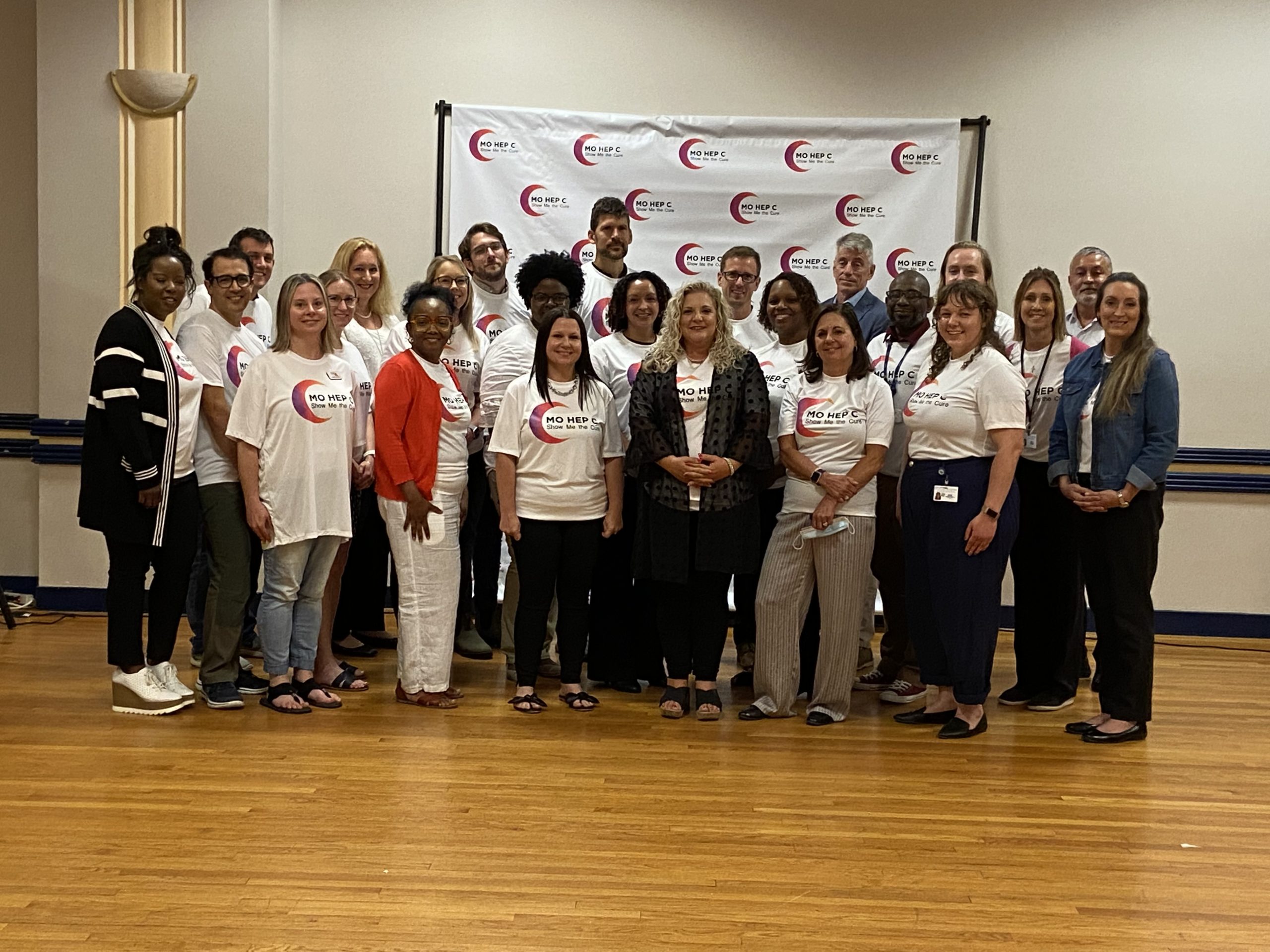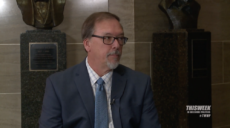Jefferson City — Hepatitis C is a bloodborne viral infection that attacks the liver. If left untreated it can lead to significant liver damage.
The good news, hepatitis C is easily curable, usually in two to six months with oral medication, according to the Mayo Clinic. The bad news, however, is that hepatitis C is drastically under-reported.
According to a study by the CDC, national reported cases in 2018 totaled 3,621. The CDC’s estimate of the actual number of nationwide cases was 50,300.
Show Me The Cure is a new state program working to close the gap between cases reported and actual cases. The program is Missouri’s first ever initiative to eliminate hepatitis C.
Show Me The Cure is funded on CDC grants. The program receives no state funding and provides no funding to local health departments.
The main mission of Show Me The Cure is to “Create a plan to eliminate hepatitis C in Missouri by ensuring universal testing, improving health care outcomes for people living with hepatitis C, and preventing new infections,” according to the Department of Health and Senior Services (DHSS) website.
“We’re hoping to see all individuals over the age of 18 getting tested one time, we’re wanting to see those people that test positive for hepatitis C to be linked to treatment … We’re wanting to see those people that have hepatitis C get linked to care, and have availability to receive care,” Tara McKinney, viral hepatitis director for DHSS said.
“A specialist, it’s not needed to treat hepatitis C, but a lot of primary care providers are not treating, and referring people to specialists. The more providers we have that can treat hepatitis C, the more people will have access to being cared for.”
Hepatitis C disproportionately impacts underserved communities with drug-use issues. The disease is often found on improperly sanitized needles due to its blood-borne nature.
“Along with the opioid epidemic, and the drug epidemic, and drug use, we’re seeing a epidemic with hepatitis C as well,” McKinney said. “People that inject drugs or use drugs are at an extremely high risk for hepatitis C … the numbers are showing that people that use drugs are getting hepatitis C at really high rates.”
Due to limited testing and limited access to specialists, citizens in disenfranchised communities with hepatitis C often do not know they have the disease. Victims often suffer from the symptoms while being unable to overcome the barriers to testing and care.
“It’s really difficult for people that are under uninsured to get hepatitis C testing. There is cost associated with it. There is testing at local public health agencies, but there’s still a cost that comes with that,” McKinney said.
“So, yes, those that are uninsured or underinsured, definitely are at a disadvantage of receiving testing, and then being referred for treatment and care.”
The Missouri Department of Social Services launched a program called “Project Hep Cure” in January of 2022. The program provides free hepatitis C testing and treatment to active MO HealthNet participants, vastly lowering barriers to treatment, especially for lower-income senior citizens.
Project Hep Cure has tested more than 100,000 patients in 2022, according to statistics on the program’s website.
The timeline for Show Me The Cure runs through 2025. The program is currently in a phase of gathering data and research to provide local health care providers with a guide to help curb hepatitis C infections.
Featured Image: Members of the Missouri Department of Health and Human Services during a May event unveiling the ‘Show Me The Cure’ program in Jefferson City. (Photo courtesy of Lisa Cox, DHSS public information specialist).

I’m a journalist hailing from the Detroit area. I love to tell investigative stories with a focus on everyday people.
You can contact me by email at matthew@missouritimes.com














